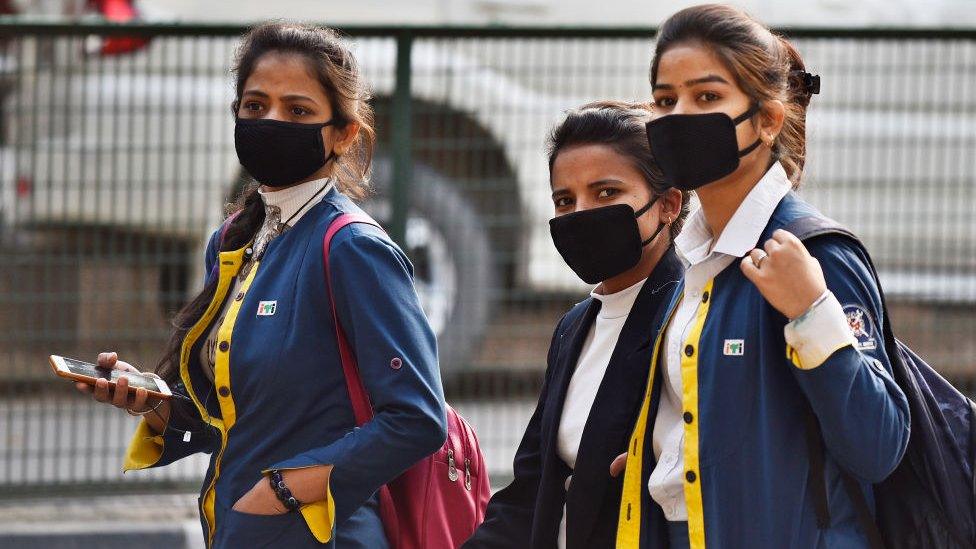Coronavirus: EU condemns Trump travel ban on 26 European countries
- Published
Five takeaways from Donald Trump's Oval Office address
President Donald Trump's coronavirus travel ban on 26 European countries has been met with anger and confusion, with EU leaders accusing him of making the decision "without consultation".
The Covid-19 pandemic is a "global crisis", said top European Union officials Ursula von der Leyen and Charles Michel.
It "requires cooperation rather than unilateral action," they said.
The ban is due to go into effect on Friday at midnight EDT (0400 GMT).
It affects only countries that are members of the Schengen border-free travel area and does not affect US citizens, the UK, or Ireland.
It is a major escalation in the response to Covid-19 by Mr Trump, who has been accused of inaction. However, the ban was met with frustration in Washington as well as abroad.
On Thursday, the US leader said he did not inform his EU counterparts because "it takes time".
"We had to move quickly," Mr Trump said, adding that the EU did not consult the US when raising taxes on American goods.

Shock and dismay on Embassy Row
Analysis by Tara McKelvey, BBC White House correspondent
The European ambassador was, naturally, diplomatic.
"We feel there should have been cooperation rather than action that targets one continent," the diplomat, who asked not to be named, says on the phone, referring to the travel ban. Mr Trump's action took him and other ambassadors in Washington by surprise.
Still he made his views about the travel ban, as well his frustration and anger about the restrictions, clear: "We are not very pleased," he says. "No."
Others are equally dismayed: the Atlantic Council's Daniel Fried, a former US ambassador to Poland, says he found the president's remarks disappointing: "Anti-EU bashing is indulgence." Ambassadors here in Washington, both current and former, are now waiting for the president's next move - with a fair amount of dread.
As another former ambassador put it: "I am not confident."

Over 1,300 confirmed cases of the virus have been reported in the US, with 38 deaths so far.
Italy now has over 12,000 confirmed cases and 827 deaths, second to China. France, Spain and Germany have also seen a rise in cases.

EASY STEPS: How to keep safe
A SIMPLE GUIDE: What are the symptoms?
TRAVEL PLANS: What are your rights?

Mr Trump called the ban the "most aggressive and comprehensive effort to confront a foreign virus in modern history".
He accused the EU of failing to take "the same precautions" as the US in fighting the virus to justify the ban.
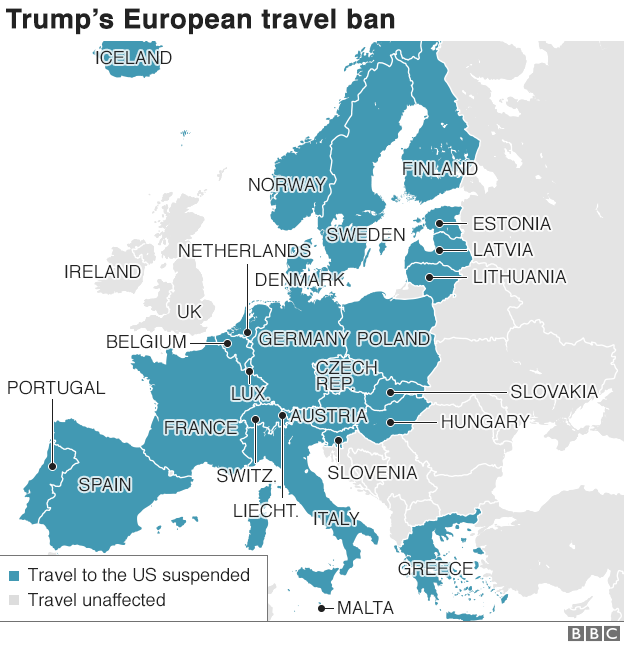

What's the reaction?
Stocks plummeted following Mr Trump's announcement, in which he said that the travel ban would also include trade and cargo. The statement was later retracted.
Trading on Wall Street was stopped on Thursday morning after the Dow Jones dropped 7% and UK indices fell to their lowest since the 2008 financial crisis.
Tom Bossert, Mr Trump's former homeland security and counterterrorism adviser, criticised the ban, saying: "There's little value to European travel restrictions. Poor use of time & energy."
Allow X content?
This article contains content provided by X. We ask for your permission before anything is loaded, as they may be using cookies and other technologies. You may want to read X’s cookie policy, external and privacy policy, external before accepting. To view this content choose ‘accept and continue’.

Senior Democrats said it was "alarming", external that President Trump had not addressed a shortage of coronavirus testing kits in the US.
In other developments:
French President Emmanuel Macron said all schools and universities would be closed from next week, and urged businesses to let employees work remotely
Canadian Prime Minister Justin Trudeau is self-isolating "out of an abundance of caution" after his wife began to show mild symptoms
The UK has called it "the worst public health crisis for a generation" and advised anyone with a new persistent cough or high temperature to self-isolate for seven days
Shares around the world have plunged as investors feared world leaders were not responding effectively
The number of cases in Italy has jumped to more than 15,000
All major sport in the US has been suspended, including the NBA, NHL and MLS


What questions do you have about coronavirus?
In some cases, your question will be published, displaying your name, age and location as you provide it, unless you state otherwise. Your contact details will never be published. Please ensure you have read our terms & conditions and privacy policy.
Use this form to ask your question:
If you are reading this page and can't see the form you will need to visit the mobile version of the BBC website to submit your question or send them via email to YourQuestions@bbc.co.uk, external. Please include your name, age and location with any question you send in.
- Published26 February 2020
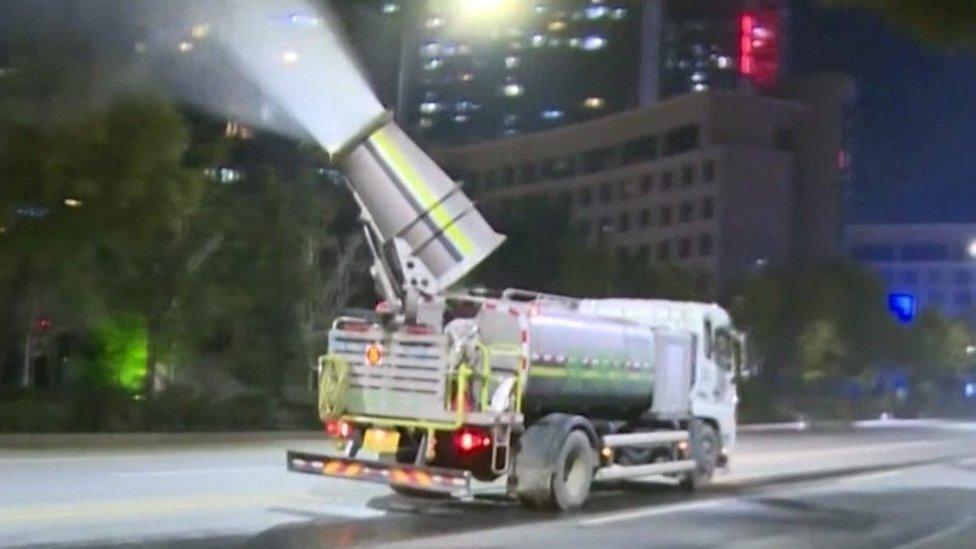
- Published22 February 2022
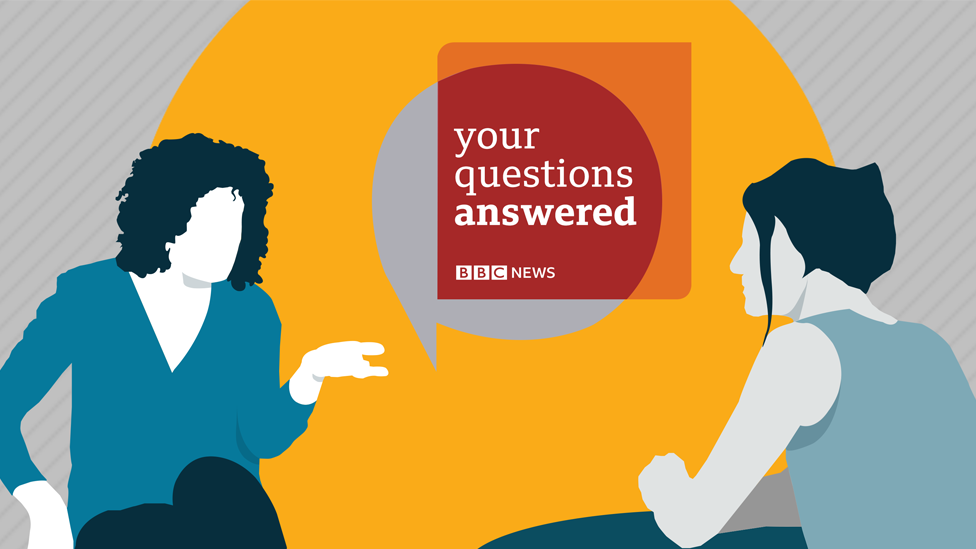
- Published6 October 2021

- Published11 March 2020
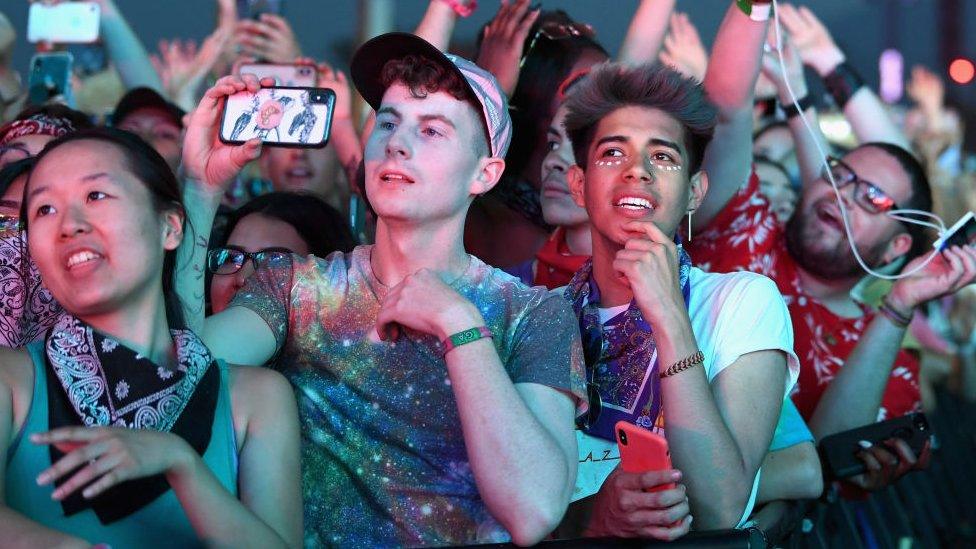
- Published11 March 2020
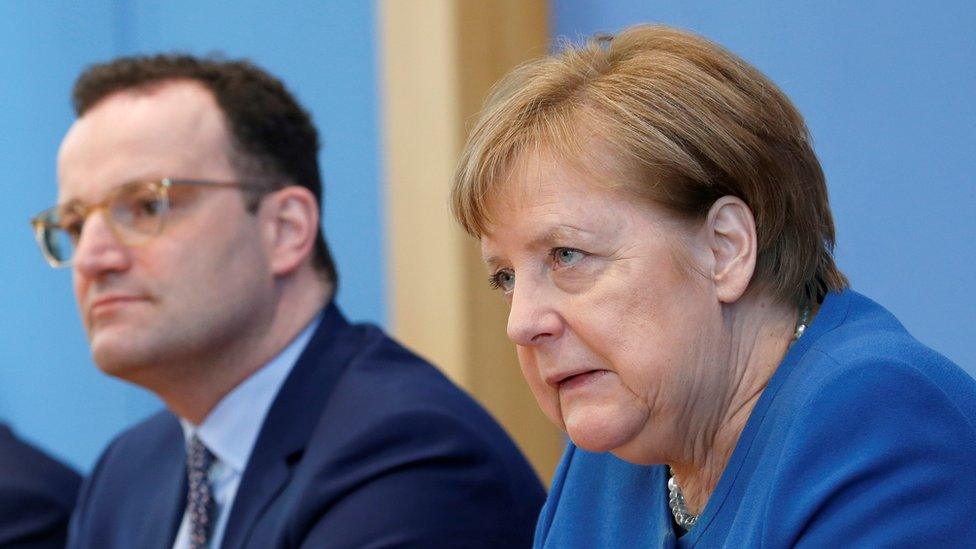
- Published12 March 2020
